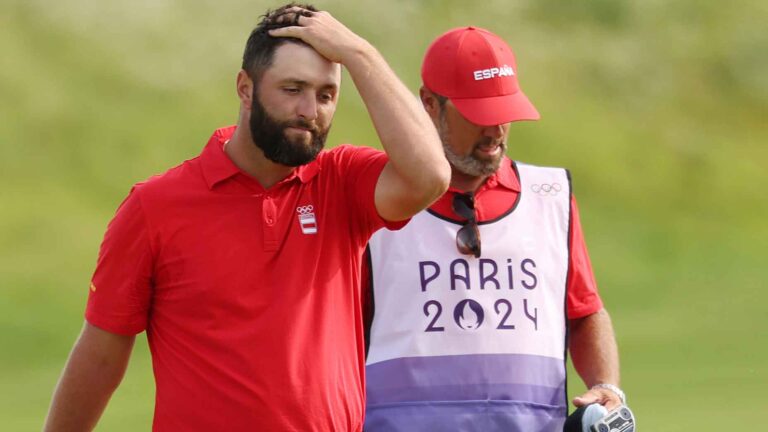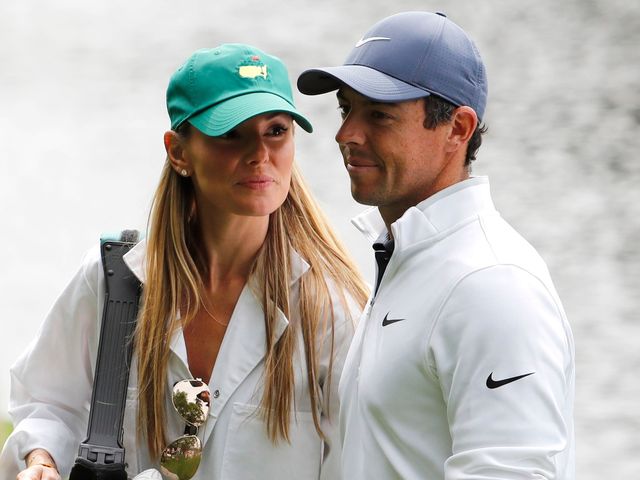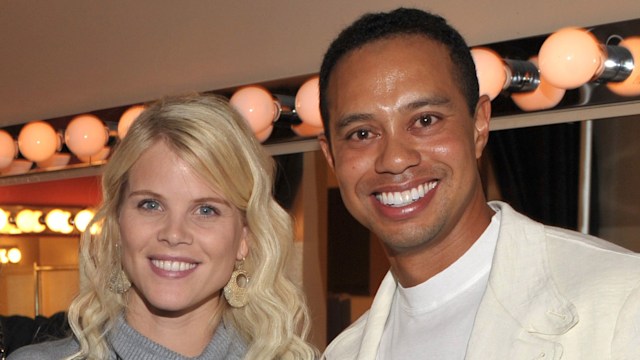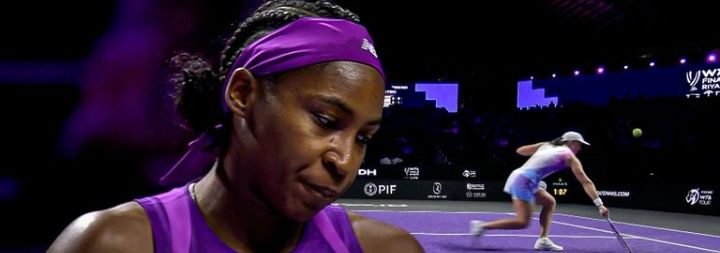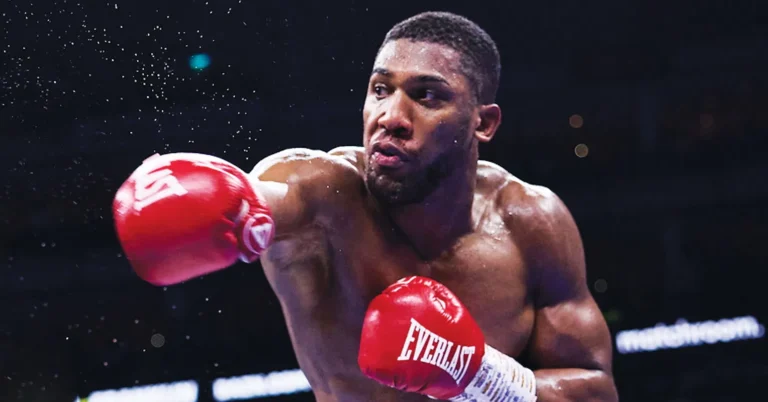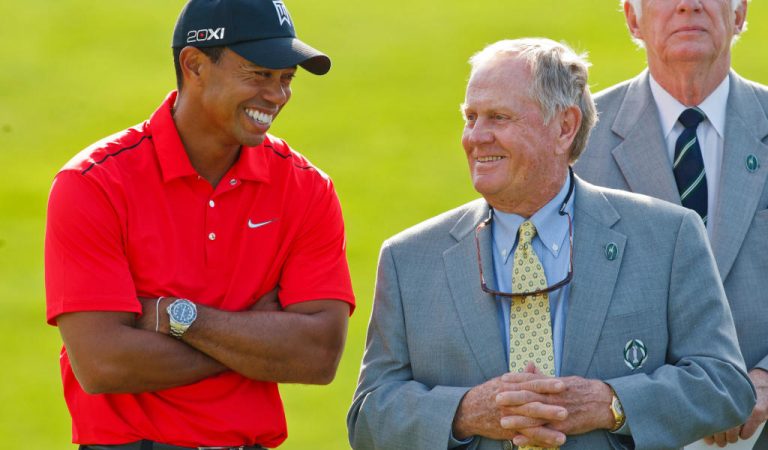Brandel Chamblee offers searing take on Jon Rahm’s Olympic collapse
Brandel Chamblee offers searing take on Jon Rahm’s Olympic collapse
In the final round of the men’s golf competition at the 2024 Paris Olympics, the stage was set for an extraordinary conclusion. Jon Rahm, who entered the day as the co-leader after 54 holes, found himself in a commanding position with a four-shot lead and a sizzling front-nine 31. As the golf world watched in anticipation, Rahm’s strong performance on the front nine seemed to ensure his dominance, but the back nine brought a dramatic reversal.
Scottie Scheffler, who had been trailing six shots behind Rahm at the turn, staged a remarkable comeback. With an impressive bogey-free round of 62 that included birdies on four of his last five holes, Scheffler managed to close the gap and secure the gold medal. His final score allowed him to edge out Tommy Fleetwood, who claimed the silver medal, by a single stroke. Hideki Matsuyama, who also surged in the final round, finished two shots behind Scheffler to take the bronze medal.
Rahm’s back nine collapse, characterized by a dismal 39, sparked intense scrutiny and criticism. On Golf Channel’s “Golf Central,” analyst Brandel Chamblee did not hold back in his assessment of the situation. “That was just about the wildest back nine that you could ever imagine, ever predict,” Chamblee remarked. He highlighted the stark contrast between Rahm’s dominant position and Scheffler’s remarkable rally. “Jon Rahm had a four-shot lead in the gold position, and Scottie Scheffler, starting six shots back, wins gold without a playoff. One shoots 29 on the back nine, and Jon Rahm shoots 39.”
Chamblee labeled Rahm’s performance as one of the most significant collapses of the year, drawing comparisons to Rory McIlroy’s struggles at the U.S. Open. He pointed out that Rahm’s back nine was riddled with mistakes, including a brutal four-hole stretch from Nos. 11 to 14 where Rahm carded two bogeys and a double bogey. Although Rahm managed to birdie the par-3 16th hole, he faltered again with two more bogeys on the final two holes, Nos. 17 and 18.
Throughout the tournament, Rahm had exhibited exceptional skill, leading in key statistics such as fairways hit, driving distance, and greens in regulation. Chamblee noted that Rahm’s performance was marred by recurring issues with a “double cross,” a flaw in his swing that became evident on the back nine. He also highlighted the impact of several three-putts, which compounded Rahm’s difficulties.
In the aftermath of the round, Rahm spoke to Golf Channel’s Rex Hoggard about the emotional weight of his performance. “For about 97 percent of the week, it has been fantastic,” Rahm said. He praised the crowd, the golf course, and the overall experience, despite the pain of his late collapse. “The week has been great, and it’s just a four-hole stretch where I could say I wasn’t happy. Besides that, it’s been a really good tournament.”
Rahm acknowledged the profound sense of disappointment he felt. “It’s hard to let my country down in that way,” he admitted. He expressed that the emotional sting of not winning was more intense than he had anticipated. Rahm also reflected on his performance, saying, “Had it under control and just let it go. That’s all I can say.” When asked about future motivation, Rahm was cautious, noting that while he anticipated the experience might fuel his drive for future competitions, he was still processing the immediate disappointment.
Looking ahead, Rahm’s chances of redemption could come in the 2028 Olympics in Los Angeles, where the host course will be Riviera. This venue holds positive memories for Rahm, as he won the Genesis Invitational there in 2023. If he qualifies and competes in the next Olympic Games, Rahm will have another opportunity to make his mark on the global stage and potentially secure a coveted Olympic medal.
